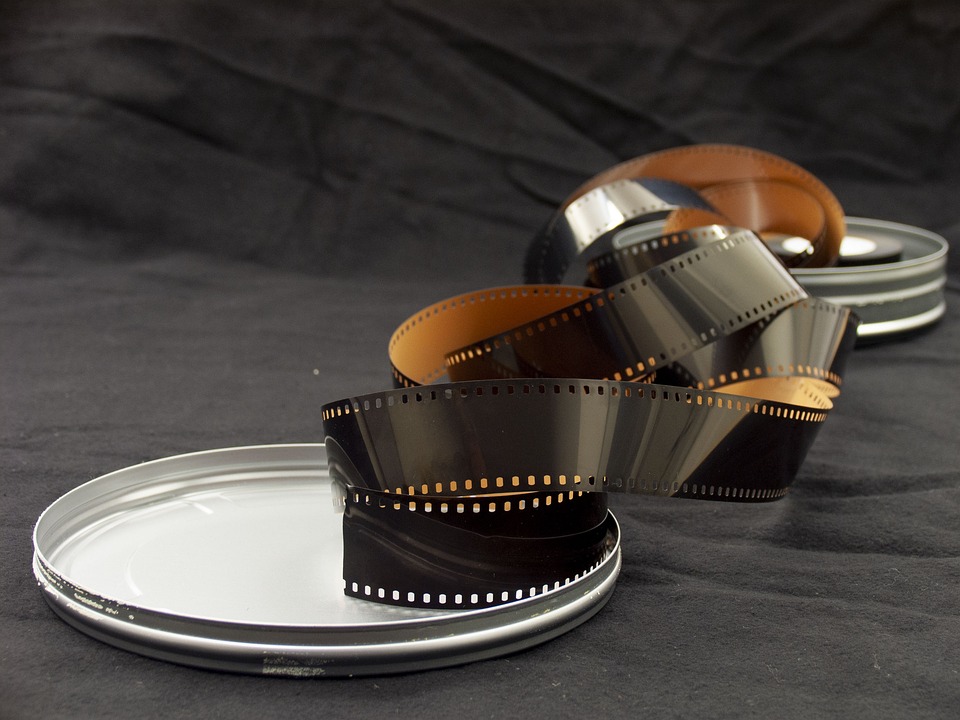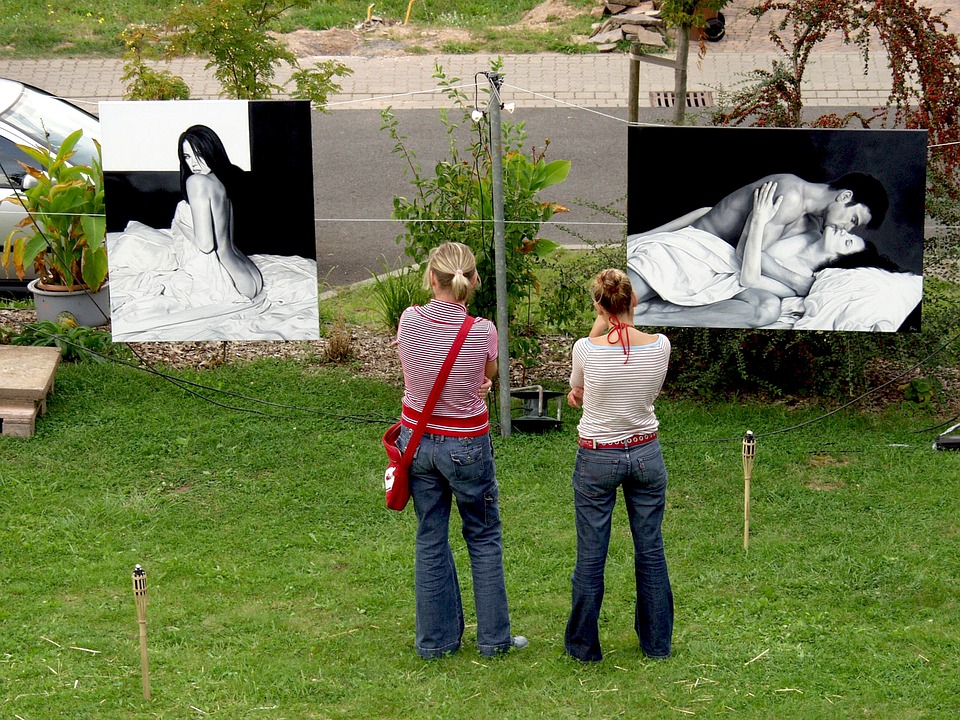Introduction
The Cannes Film Festival is one of the most prestigious and glamorous events in the film industry. Held annually in Cannes, France, the festival attracts top filmmakers, actors, and celebrities from around the world. What began as a modest event in the late 1930s has since grown into a cultural phenomenon that celebrates the artistry and creativity of cinema.
Early Years
The Cannes Film Festival was founded in 1939 by the French government as a response to the growing influence of the Venice Film Festival, which was established in 1932. The first Cannes Film Festival was scheduled to take place on September 1, 1939, but was canceled due to the outbreak of World War II. It wasn’t until 1946 that the festival was able to hold its inaugural event.
First Festival
The first Cannes Film Festival in 1946 was a modest affair, with just 21 films in competition. The festival was held at the Cannes Casino, and the Grand Prize of the festival was awarded to the film “La Symphonie Pastorale” directed by Jean Delannoy.
Golden Age
Throughout the 1950s and 1960s, the Cannes Film Festival grew in popularity and prestige. The festival became known for showcasing groundbreaking films and attracting A-list celebrities from around the world. Directors such as Alfred Hitchcock, Federico Fellini, and Ingmar Bergman premiered their films at Cannes, solidifying the festival’s reputation as a showcase for cutting-edge cinema.
International Recognition
In the 1970s and 1980s, the Cannes Film Festival continued to expand its international presence. The festival began to recognize and celebrate films from a wider range of countries, including Asia, Africa, and Latin America. This increased diversity in the selection of films helped to establish Cannes as a truly global event that celebrated the artistry and creativity of filmmakers from around the world.
Palme d’Or
In 1955, the prestigious Palme d’Or award was introduced at the Cannes Film Festival. The Palme d’Or is the highest prize awarded at the festival and is given to the director of the best film in competition. Over the years, the Palme d’Or has become one of the most coveted awards in the film industry, with winning films going on to achieve critical and commercial success.
Red Carpet Glamour
In addition to showcasing the best in international cinema, the Cannes Film Festival has also become synonymous with red carpet glamour and celebrity fashion. A-list stars from around the world descend upon Cannes each year to attend premieres, parties, and galas, all while dazzling the paparazzi with their stylish ensembles. The festival has become a mecca for fashion lovers and trendsetters, with celebrities competing to make a statement on the red carpet.
Modern Era
Today, the Cannes Film Festival continues to thrive as one of the most important events in the film industry. The festival attracts top talent from Hollywood and beyond, with filmmakers and actors vying for the chance to premiere their films on the prestigious Cannes stage.
Industry Impact
The Cannes Film Festival has a significant impact on the film industry, as winning films often go on to achieve critical acclaim and commercial success. Directors who receive the Palme d’Or at Cannes are often thrust into the international spotlight, with their films gaining widespread recognition and distribution. The Cannes Film Festival can launch the careers of up-and-coming filmmakers and provide a platform for established directors to showcase their latest work.
Continued Influence
The Cannes Film Festival remains a beacon of glamour and artistry in the film industry, attracting top talent and industry insiders from around the world. The festival’s commitment to showcasing diverse and innovative cinema has solidified its reputation as a cultural touchstone for filmmakers and cinephiles alike. As the Cannes Film Festival continues to evolve and grow, its legacy as a mecca of glamour and artistry is sure to endure for generations to come.
Conclusion
The Cannes Film Festival has a storied history that spans over eight decades, from its humble beginnings in the 1940s to its current status as a global showcase for cinema. The festival’s commitment to celebrating the artistry and creativity of filmmakers from around the world has solidified its place as one of the most important events in the film industry. As the Cannes Film Festival continues to evolve and grow, its legacy as a mecca of glamour and artistry is sure to endure for generations to come.



